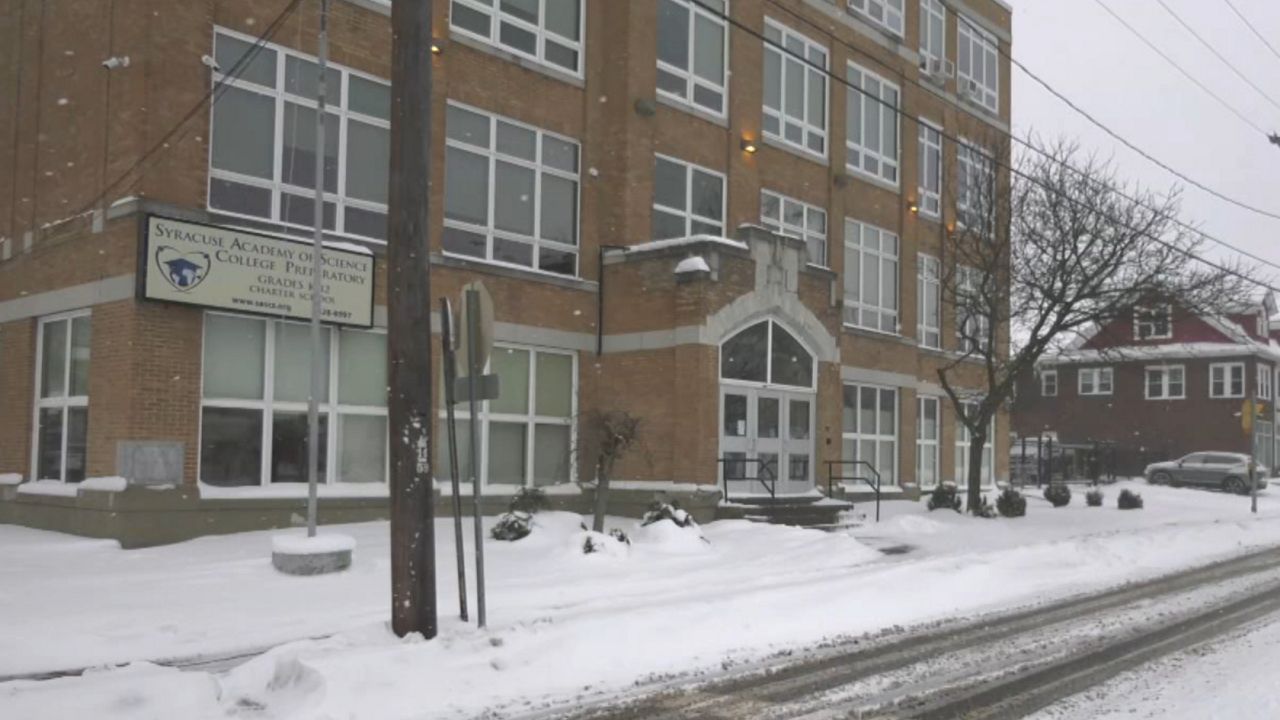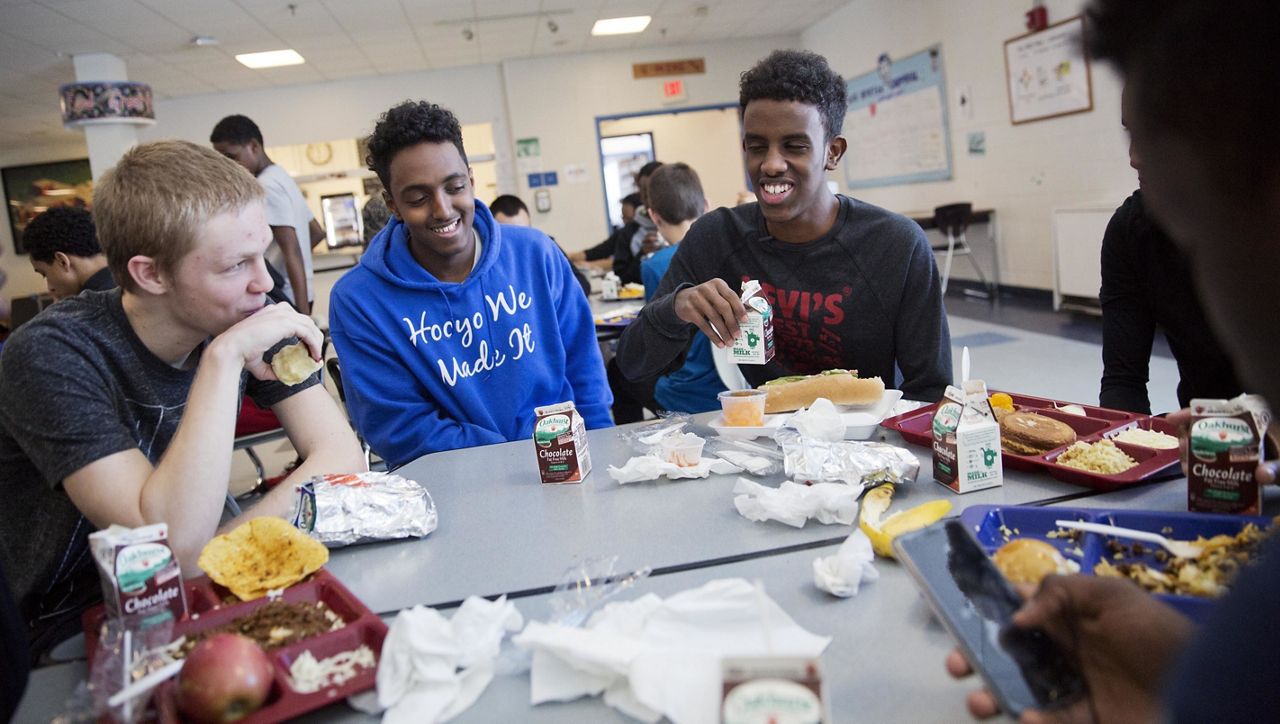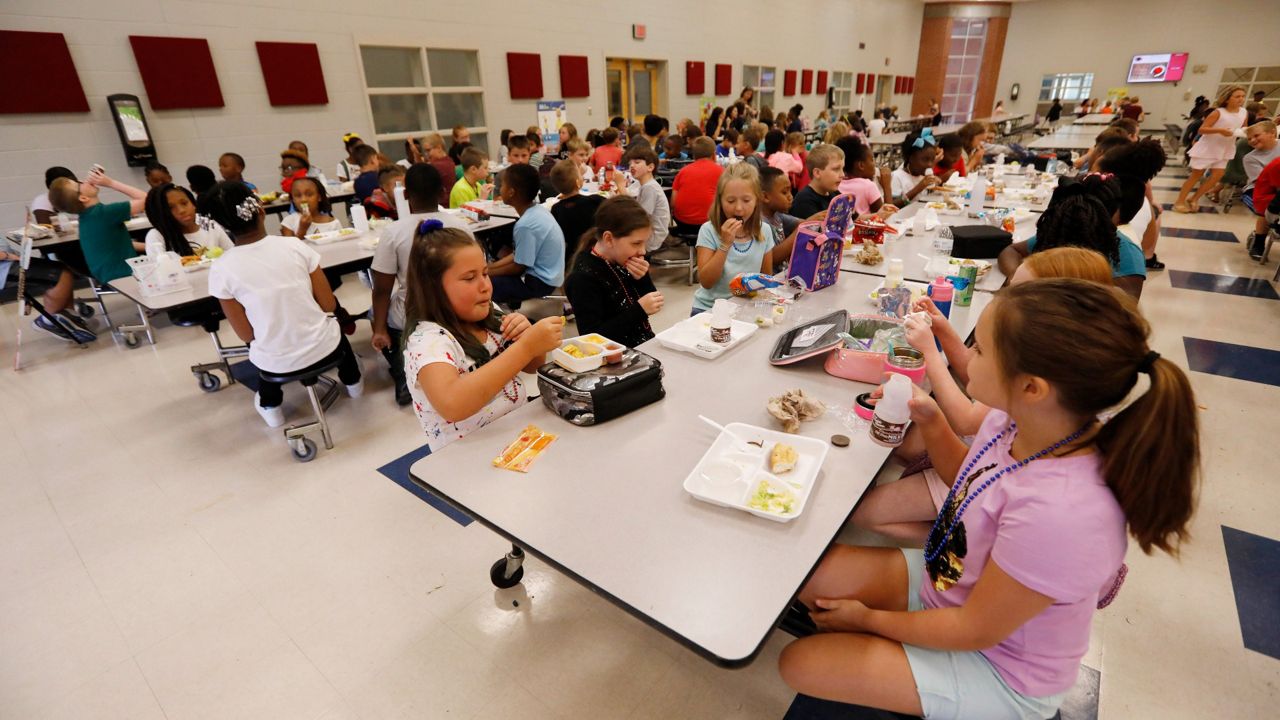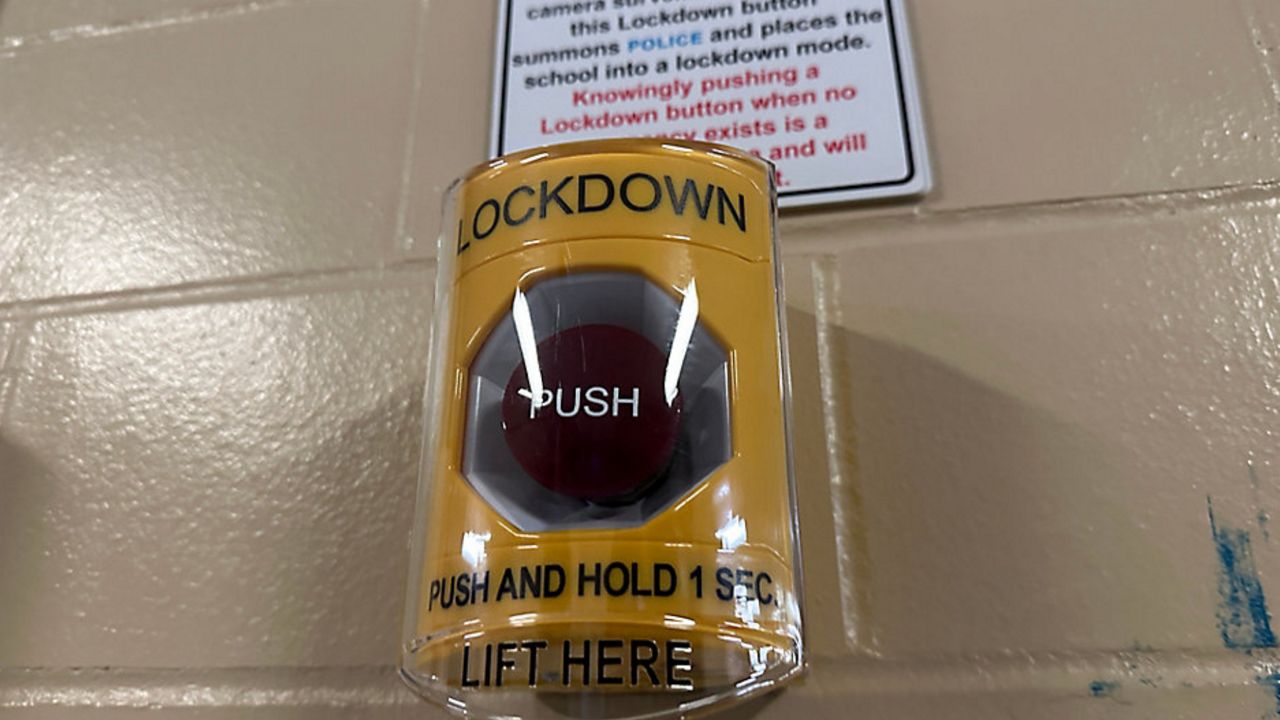For kids, play time can be learning time. Preschool age is an important time for developing social skills. At Cornell University, in a club called Big Red Buddies, students volunteer to spend time with the next generation.
"The teachers might need someone to help clean up or read stories or play games, and then they're also interacting with the kids and just going off kind of what the kids might need," said Bethany Resnick, the advisor for Big Red Buddies.
There are hundreds of students signed up for the club, and they don’t get any moneFor kids, playtime can be learning time. Preschool age is an important time for developing social skills. At Cornell University, in a club called Big Red Buddies, students volunteer to spend time with the next generation.
"The teachers might need someone to help clean up or read stories or play games, and then they're also interacting with the kids and just going off kind of what the kids might need," said Bethany Resnick, the advisor for Big Red Buddies.
There are hundreds of students signed up for the club, and they don’t get any money or college credit for their time.
"We can directly see the impact of what we're doing every single week, which I think is super rewarding and amazing," said Cornell senior Alexa Plancher. "I mean, at this age, they say the kids are like sponges, just absorbing everything as they go, and I think it's super important for them to just be exposed to all of these new people, as they're sort of learning how to be a functioning human being."
The club helps with tasks like getting winter clothes on, eating a meal or reading a book.
"Having people like older people come in and kind of model these behaviors is kind of helping to develop their personalities and showing them ways they can interact with their world," said Cornell senior Angelina Tang.
The kids in the program were either born during or right before the COVID-19 pandemic.
"They're working through kind of like social anxieties, sort of, so if they have new faces come in, we have kids that will go hide in a corner or they'll shy away. But as it continues, they're sort of breaking out of that and getting a little more comfortable," said Head Start teacher Melissa Travis. "So it's giving them that opportunity that practice to kind of work on those skills that really need to start developing now so that they can focus on different skills when they get into public school." or college credit for their time.
"We can directly see the impact of what we're doing every single week, which I think is super rewarding and amazing," said Cornell senior Alexa Plancher. "I mean, at this age, they say the kids are like sponges, just absorbing everything as they go, and I think it's super important for them to just be exposed to all of these new people, as they're sort of learning how to be a functioning human being."
The club helps with tasks like getting winter clothes on, eating a meal or reading a book.
"Having people like older people come in and kind of model these behaviors is kind of helping to develop their personalities and showing them ways they can interact with their world," said Cornell senior Angelina Tang.
The kids in the program were either born during or right before the COVID-19 pandemic.
"They're working through kind of like social anxieties, sort of, so if they have new faces come in, we have kids that will go hide in a corner or they'll shy away. But as it continues, they're sort of breaking out of that and getting a little more comfortable," said Head Start teacher Melissa Travis. "So it's giving them that opportunity that practice to kind of work on those skills that really need to start developing now so that they can focus on different skills when they get into public school."








